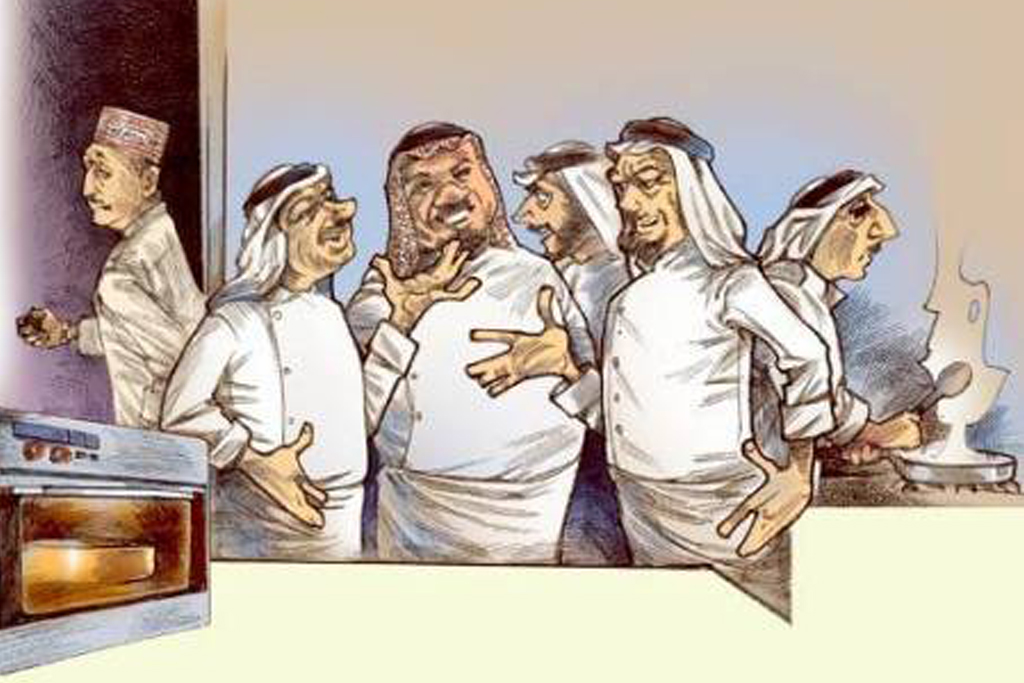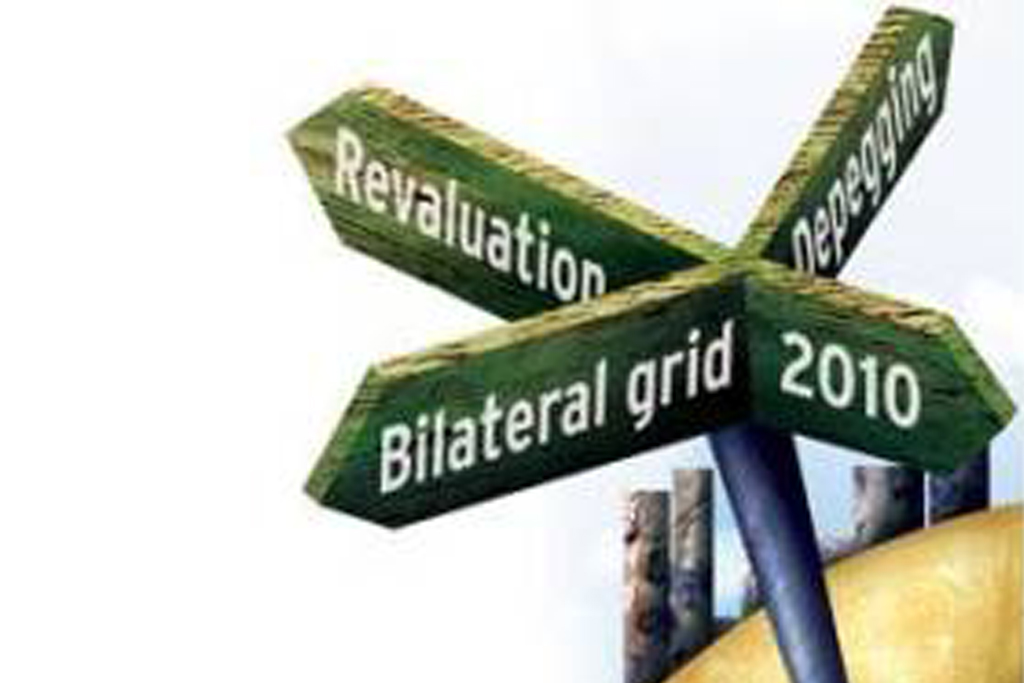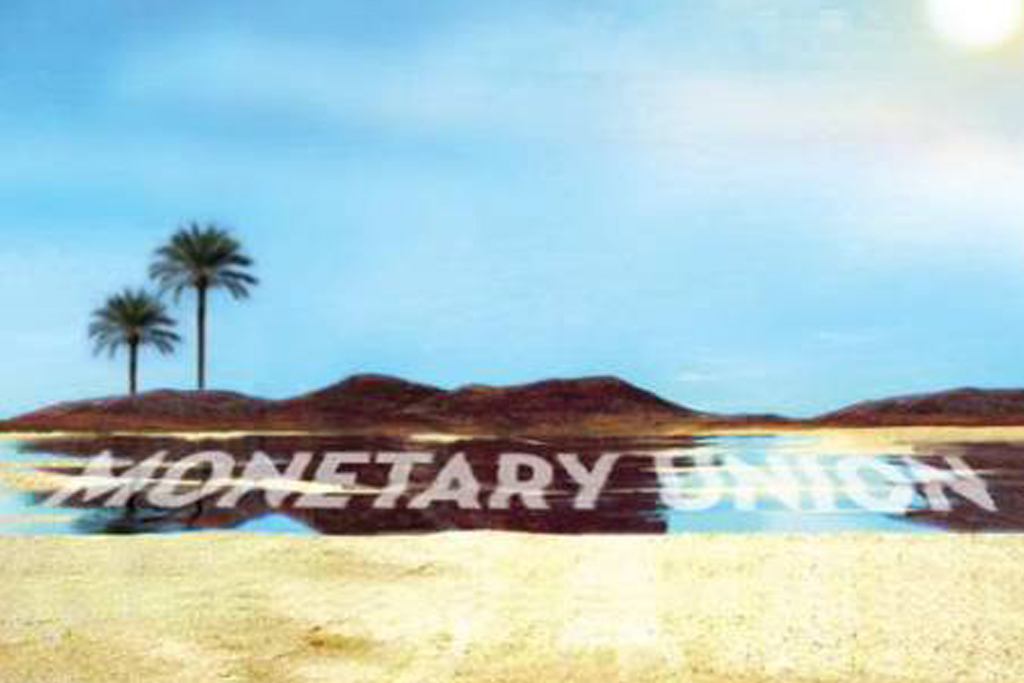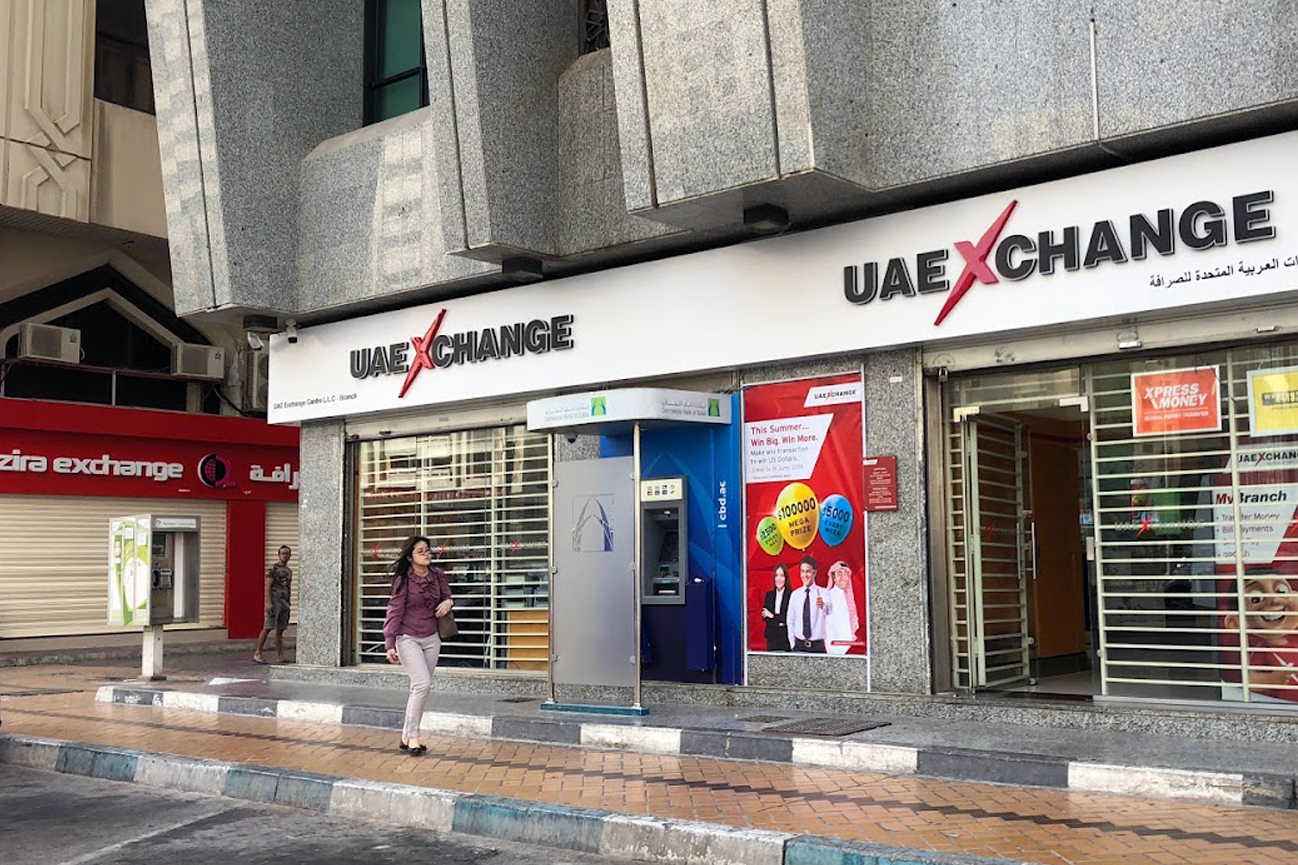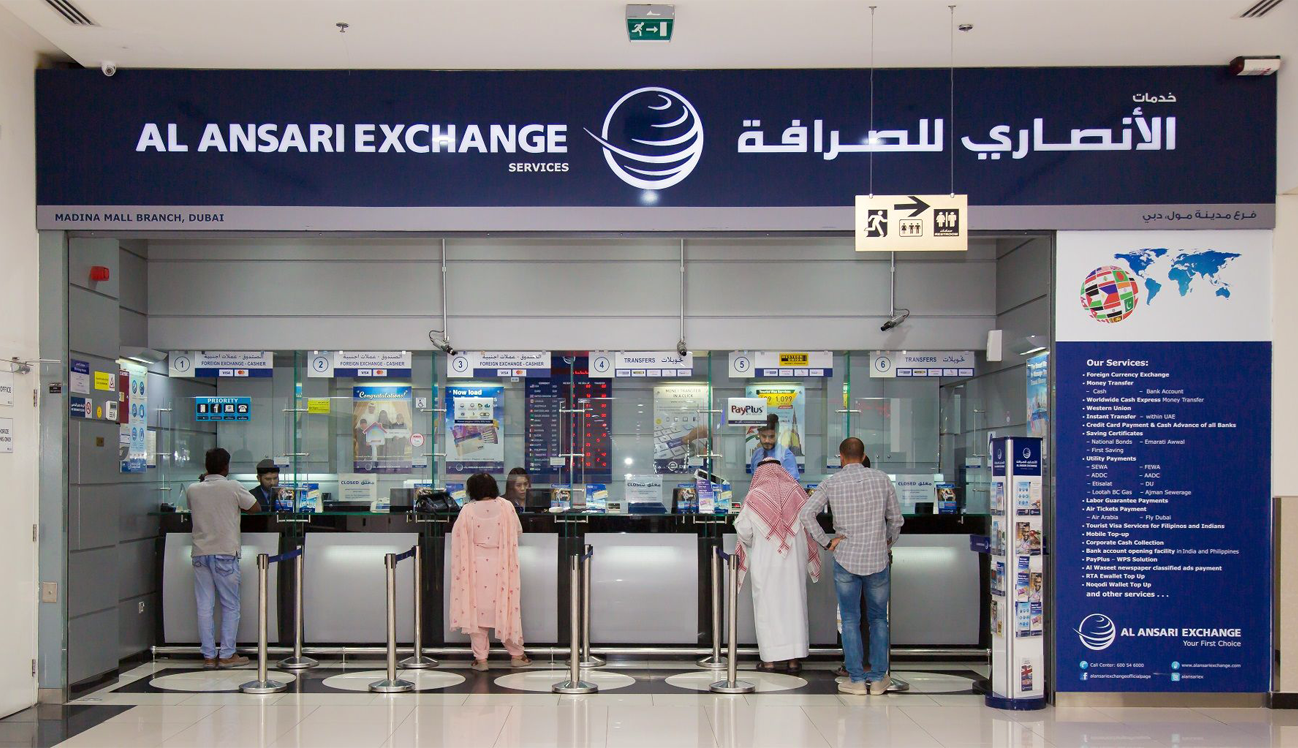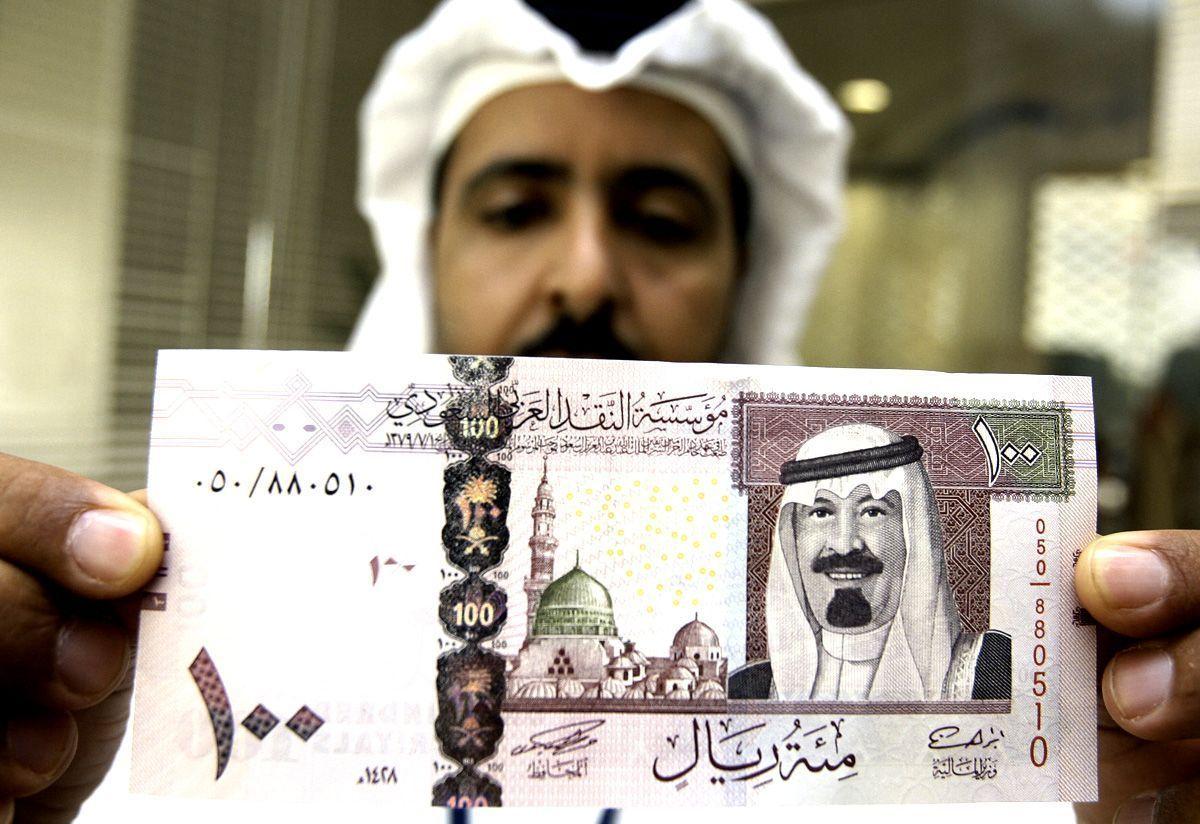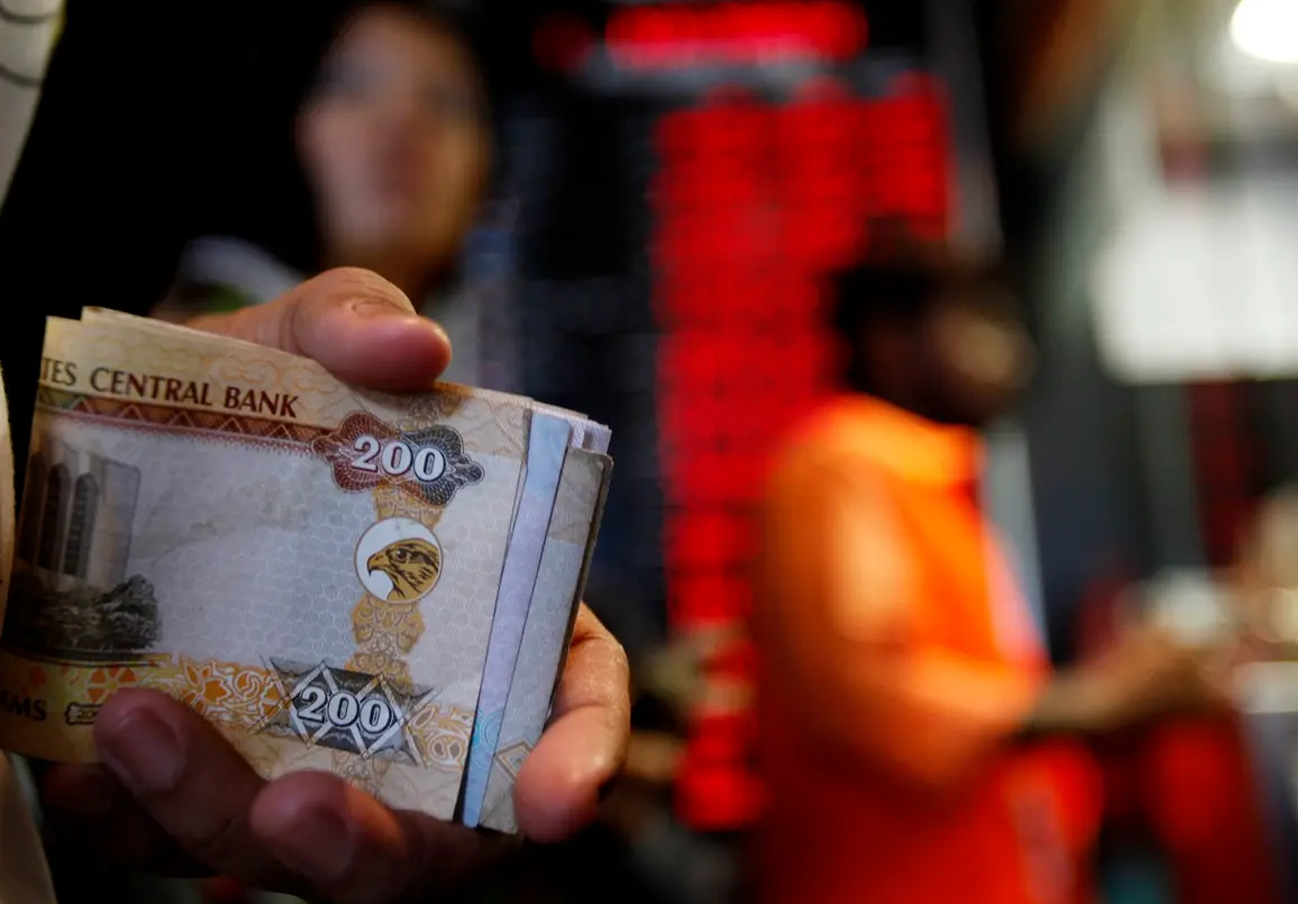First published in:

Rutledge, E. J. (2018, September 15). A reserve system that also admits Euros and renminbi seems most likely. Gulf News. https://gulfnews.com/business/what-comes-after-the-petrodollar-1.604366
America’s overdependence on foreign credit is no exception to the old adage that too much of a good thing is ultimately bad. It is safe to assume that over the next decade or so, the dollar will depreciate considerably and will no longer be the sole currency used for oil invoicing. Whilst IMF-governed SDRs (special drawing rights) would be the more egalitarian and macro-economically sensible alternative, the more likely is a tripartite reserve and oil invoicing system — dollars for the Americas, euros for Europe and surrounding states and renminbi for much of Asia.
At present, however, a realistic alternative to the dollar has yet to emerge, either as a reserve currency or as a universally acceptable unit in which to settle cross-border trade. At least two-thirds of all central bank reserves are held in dollars, four-fifths of all international trade transactions are settled in dollars and some 45 per cent of global debt is denominated in it. The government-issued euro bond market is less deep and far less liquid than its US counterpart and only recently have the Chinese started to encourage foreign investors to acquire renminbi. Nevertheless a majority of observers contend that the dollar will devalue considerably in the coming decades, either by default or design.
A range of reasons is proffered including the huge US fiscal and current account deficits (net US external debt grew by more than $1.3 trillion in 2008) and the fact that China — in order to enhance domestic consumption and purchasing power — is now gradually beginning to strengthen the renminbi. More fundamentally, and as the recent economic crisis has again highlighted, there is an inherent instability in having a dominant sovereign currency doubling up a global reserve currency. All of this leads to a series of unknowns: what if anything will replace the incumbent petrodollar? And, will the transition be gradual and multilaterally managed? Or will it be sharp and unfold in a mercantilistic haphazard manner?
In the 1960s Yale economist Robert Triffin argued that an international reserve system based on the sovereign currency of the dominant economy would always be unstable.
The Triffin dilemma
Firstly, because the only way for all other economies to accumulate net assets in the dominant currency is for the dominant economy to perpetually run a current account deficit. Secondly, while the dominant economy would be able to detach interest rate decisions from exchange rate implications, all other open economies would be constrained somewhat by the resulting appreciation or depreciation of their currency vis-à-vis the dominant currency.
Such exchange rate uncertainty has, in my view, become far more acute in the decades following the collapse of Bretton Woods. For as international trade increases and becomes an ever greater component of open economy GDP compositions, exchange rate fluctuations and uncertainties have an ever greater impact. Shock transmission — both positive and negative — can now be globally felt pretty much instantaneously thanks to the liberalisation of cross-border capital flows, widespread deregulation of domestic financial markets and advances in telecommunications. The ‘search for yield’ in cross-border currencies tends to result in too much credit creation and in turn, leads to asset/stock price bubbles — in other words a cycle of boom and bust.
With the noted exception of the US, all open market economies essentially have two choices when it comes to exchange rate regimes — neither is optimal, both have associated economic costs.
Two choices
One choice is the ‘free float’, yet this invariably causes uncertainty for both exporters and importers in the given economy and results in its output either being undervalued or overpriced. The other choice is a fixed, managed or crawling peg to the anchor currency. Yet, in order to maintain the peg the given central bank must effectively outsource key monetary policy decisions (in most cases to the Federal Reserve). When the business cycles of the US and the given pegging economy are out of sync, the latter is unable to use interest rates to dampen or foster economic activity; consider the Gulf’s recent era of double-digit inflation.
According to a former French foreign minister, the US has an ‘exorbitant privilege’ in that it is permanently receiving transfers from the rest of the world in the concrete form of seigniorage revenues and also by being able to employ a truly independent monetary policy.
The fact that oil has been priced in and sold in dollars since the foundation of Opec is also highly significant. For if oil, critical to all economies, can only be purchased in dollars, all nations have a strong incentive to accumulate dollars. Indeed it has been argued that the US government effectively prints money (on paper which has virtually no intrinsic value) to purchase the oil, not to mention all the other dollar-denominated commodities, its economy requires.
This state of affairs has been compared to a credit card that attracts customers by offering low interest and deferred payments, and two prominent American economists, Fred Bergstena and Barry Eichengreenb have both recently written in the respected Foreign Affairs journal warning of the problems of this set-up. While neither sees the dollar losing its hegemonic status in the short term, both stress the negative impact of such high levels of debt. A penchant for ‘cheap’ Asian imports has had a detrimental impact on domestic US manufacturing and it is the case that most of the foreign credit funds consumption rather than productive investment. Nevertheless many American officials are happy with the status quo as it enables the average citizen to live beyond his or her means, and government budget deficits to be financed by oil-exporting Middle Eastern countries.
Future scenarios
Even if those who argue that it is in America’s self interest to reduce dependency on foreign credit are dismissed, recent events suggest a gradual dollar de-leveraging process will take place regardless. Indeed, in the absence of another real estate price boom or another ‘0-per-cent finance consumer-fuelled boom’, an export-led recovery is by far the most viable longer term US growth strategy, and a weaker dollar would facilitate this.
Concern over the magnitude of the US’s debt and the evident instability of the current global monetary system, has led many to look for alternatives. Some projections indicate that by 2030, the US will be transferring as much as 7 per cent of its entire annual output to the rest of the world in the form of debt repayments (debt erosion by way of dollar devaluation is a possible response yet this would hurt all of those outside of the US with dollar-denominated assets).
China’s central bank governor, Zhou Xiaochuan, made the headlines earlier this year when he suggested a supra-national currency based on the IMF’s SDRs could eliminate the ‘inherent risks of credit-based sovereign currency’. This cannot simply be discounted as posturing for China has over $800-billion-worth of liquid dollar reserves: Any move by the People’s Republic would have ramifications for all other dollar holders.
The most utopian — yet least likely — future scenario would be the implementation of some form of supranational currency, seigniorage would be equitably distributed and self interest would give way to the collective interest. This would result in a fairer deal for developing economies, as according to José Ocapoc, in order to maintain pegs or insure against capital flight such states have little choice but to transfer resources to the rich industrialised world — a phenomenon that the UN has called ‘reverse aid’.
The concept of a supranational fiat currency is not new, at the very least it dates back to Keynes. He argued that the international community should set up a unit of exchange to act as a reserve currency and even suggested that it be named the Bancor. The IMF’s SDR facility is not too dissimilar and a recent UN commission headed by the economic Nobel laureate Joseph Stiglitz has advocated a greatly expanded role for SDRs. Earlier this year the G20 did agree to create an additional $250 billion in SDRs; taking their share of global reserves from under 1 per cent to about 5 per cent.
Problems with multilateralism
There are of course various problems with multilateralism — mercantilist self interest being a predominant one — one only need consider the recent debacle at the UN’s Climate Change summit at Copenhagen to get an idea of the likely difficulties agreement on a new global form of exchange is likely to be. More practically though, SDRs are not as yet legal tender, nor are they backed by debt markets and for a reserve currency to work a deep and liquid market is deemed essential.
Another possible future scenario would see increased competition between the various emerging currency blocs, tit-for-tat protectionism and the potential for considerable currency and exchange rate instability.
Much of this could arise over the thorny issue of oil invoicing. The petrodollar standard, it has been argued, is the ‘Achilles heel’ of the dollar’s continued hegemonic status. China needs more oil and, going forward will want to purchase some of this with its strengthening renminbi, this entails ending the exclusivity of the petrodollar standard.
If a transition to a tripartite invoicing system were not to take place consensually and gradually, oil could suddenly become very expensive in dollar terms and this would disproportionately impact on American consumers and its economy alike. This alongside the need to transfer income overseas to pay off debt could erode Americans’ standards of living. In different ways both Bergsten and Eichengreen have argued that if the US does not soon begin to address the issue of overdependence on foreign debt, its ability to pursue autonomous economic and foreign policy objectives will become increasingly difficult.
The most likely future scenario is piecemeal and gradual dollar devaluation — this is both in the interests of the US and all of its counterparts. Those with dollar assets do not want to see these lose value too precipitously and neither the Europeans nor the Japanese want their currencies to appreciate any more than they have done so recently. In the longer term the current reserve ratio of 60/30 — dollar/euro will probably recalibrate to 40/40/15 — dollar/euro/renminbi.
In the past decade China has pretty much made all it can out of being the world’s factory and now needs to ‘move up the value chain’. In order to increase household incomes and boost domestic private consumption a stronger renminbi will be needed. This will boost domestic consumption and purchasing power, a stronger currency would make foreign assets cheaper to acquire. It would also turn the renminbi into a potential reserve currency and, at the same time, enable it to take on a more prominent role on the global stage.
Russia’s central bank confirmed in a recent report that it had increased the share of euros in its reserves from around 42 per cent to more than 47 per cent in 2008 and that it intended to further reduce its dollar holdings in the coming period. Its proximity to the Eurozone is no doubt a key rationale, as it seeks to hedge against increasingly expensive euro-denominated imports it is logical to consider holding more euros in reserve, and invoicing the Europeans in euros for their oil needs.
Yet as Stiglitz contends, a move to a dollar-euro duopoly would still result in global imbalances and disadvantage poorer nations who would continue to need to hold large amounts of developed world’s currencies in reserve either in order to maintain exchange rate pegs or in an endeavour to hedge against economic downturns. Similarly, a tripartite reserve system — comprising of dollars, euros and renminbi — while more distributed, would still fall short of a well regulated and suitably tradable supranational fiat currency.
Despite this shortcoming, from the perspective of the GCC, if a tripartite reserve system were to emerge each of the currency blocs would have the strength and thus ability to purchase commodities such as oil in their currency. This would be no bad thing for the Gulf’s oil exporters as it would enable them to build up a more diversified savings portfolio and possibly even pursue a more independent monetary policy.
Bio:
Emilie Rutledge is Assistant Professor of Economics at the United Arab Emirates National University

